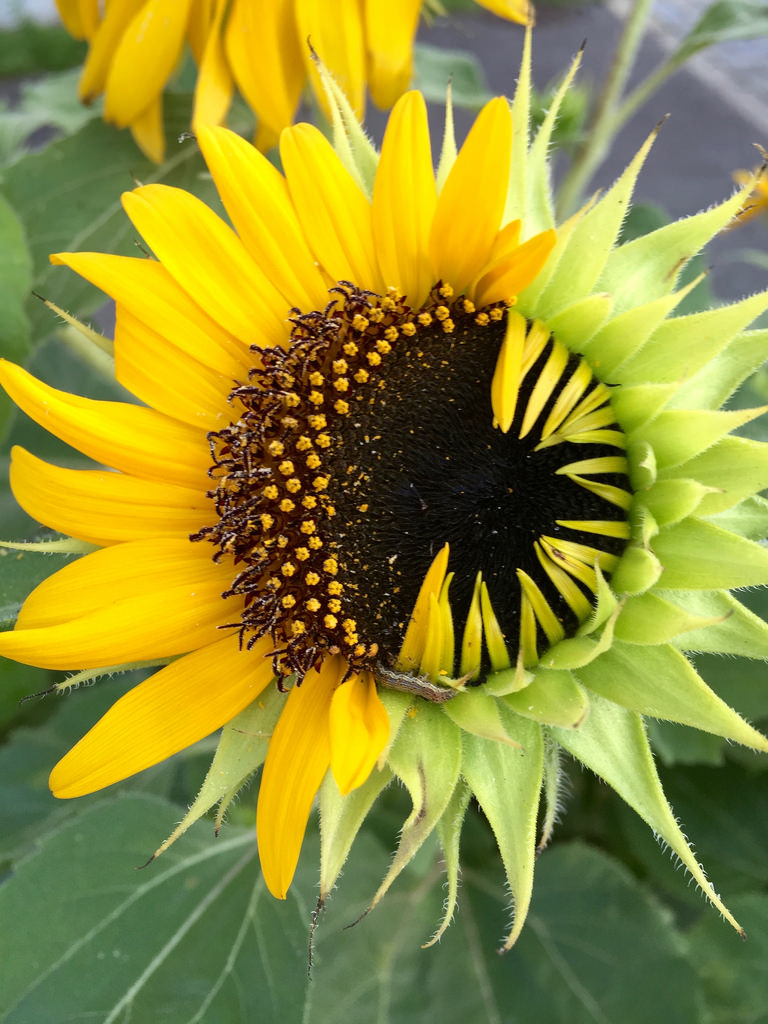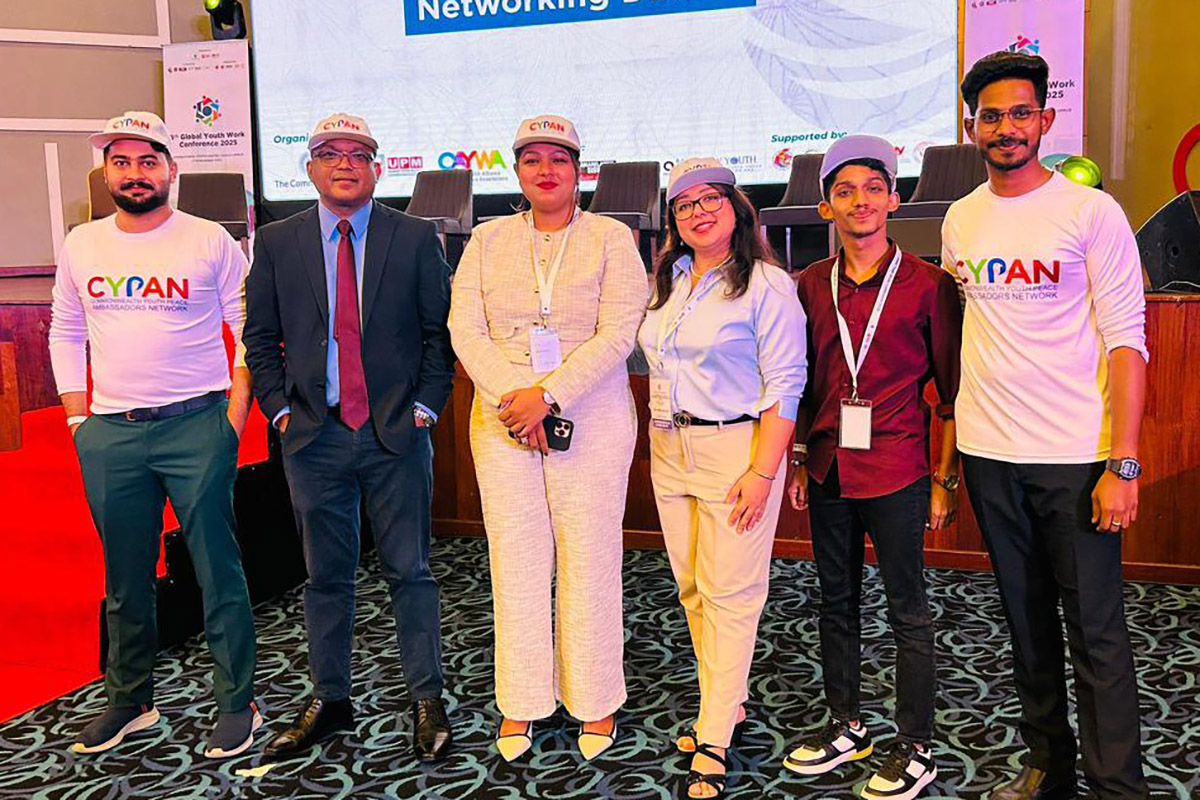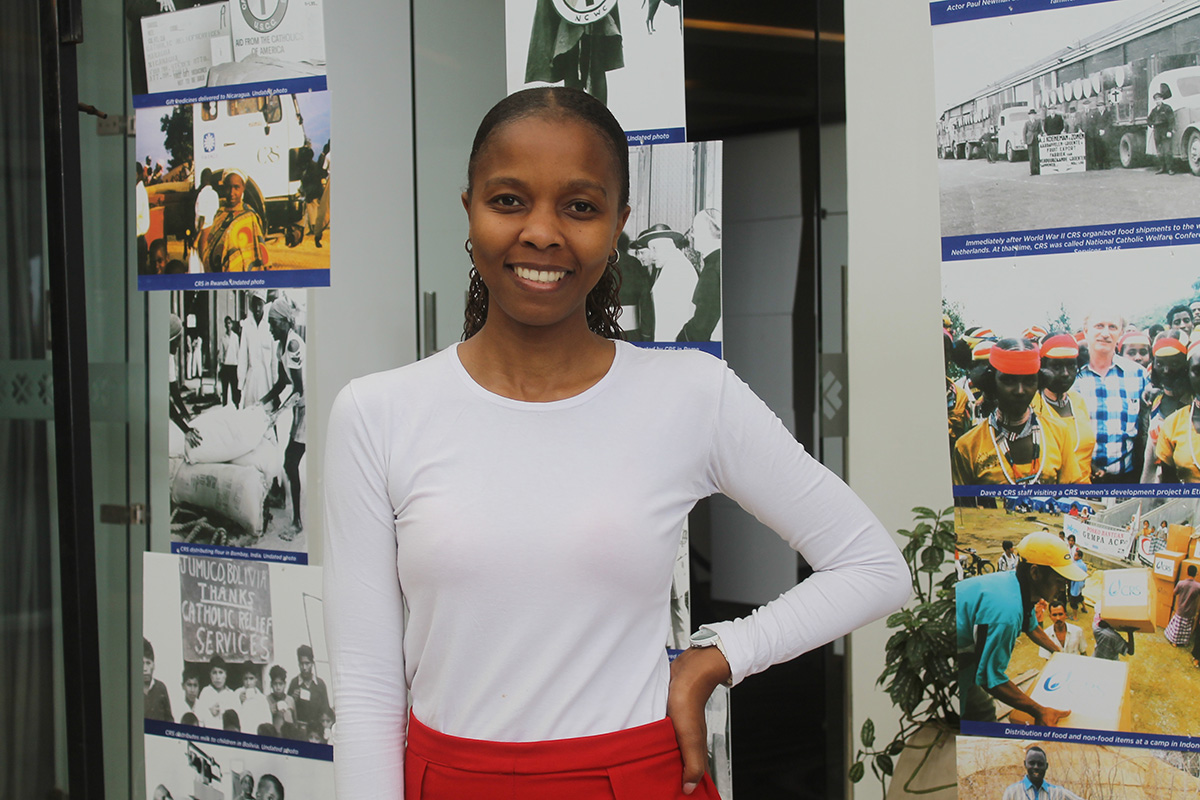“The dark-bright picture: gender minorities”
May 23One of the smallest minorities in Pakistan has received legal protection, but Sarmad Shahbaz Bhutta, 19, a Correspondent in Rawalpindi, Pakistan, argues that a change in public attitudes will allow all to reach their full potential.
I always wondered about the ill-natured imagination toward some people in society. I was always concerned about discrimination on the basis of religion, gender, caste or other reason in this world.
There is much discrimination against women, but there is another sector in society that is considered not as human beings, but as trash that can be used again and again for on’e’s own desire without considering the total destruction – whether physical or mental – that results because of these deeds. This sector is the minority of minorities called “transgender”.
Transgender people are often known as Khawaja Sira in the Pakistani community. Transgender generally means a person who isn’t included in the traditional binary genders of male and female. Transgender people are further categorised into two sections, trans men, and trans women. The term trans man refers to a man who has transitioned from a female to a male, while a trans woman talks about a woman who has transitioned from a male to a female.
Transgender is also an umbrella term that includes people whose gender identity is the opposite of their assigned sex. It may also comprise the people who are not utterly masculine or feminine.
In Pakistan, the transgender community has never been focused on utter importance. Even before 1947, transgender people were totally ignored in the sub-continent.
Looking at the Census 2017 figures, the transgender population in Pakistan stands at 10,418, which is only 0.005 per cent of the total population of over 207 million. However, conferring with a newspaper report, only 1,882 transgender persons are registered with NADRA, out of which 1,177 are registered as eunuch male, 569 as eunuch female and 136 as neutral or unisex. These figures comprise only 18 per cent of the transgender people in the country who are registered with National Database and Registration Authority (NADRA). Have you ever wondered how it is that out of 100 people, only 18 are known and 82 persons are not even considered? A figure of 82 per cent reveals the height of inattention towards this minority in minorities.
Moreover, talking about the health and medical issues, this population is facing dreadful and fatal diseases such as AIDS and HIV. Although Pakistan is one the countries in which the ratio of AIDS is at a minimum, still the majority of cases that occur are among the transgender population.
It should be remembered that there are always two sides to a picture.
Now, in 2018, the scenario is changing dramatically. Transgender people are given a little soft corner from the people of Pakistan. There are many nonprofit organizations including PART (Pakistan Alliance for the Rights of Transgender) of Society, the Transgender Empowerment Association and others, all working at their level best to eradicate the negativity against the transgender community. In this regard, Mr. Mamadou Lamine Sakho, country head of the Joint United Nations Programme on HIV/AIDS (UNAIDS), has appreciated Pakistan’s efforts for empowering trans people.
One of the public sector universities in the capital of the country allowed free education programmes to transgender people around the country. This shows the importance of education in a society.
In recent times, Pakistan’s first transgender journalist appeared on a private channel. Ms. Marvia Malik broke all the stereotypes and labels that have been applied to the transgender community.
On 8th May 2018, the National Assembly of Pakistan hit the milestone as it passed the bill for the protection of rights of transgender people. This bill had already been passed by the country’s Senate. The Transgender Rights Protection bill stated that the transgender community is legally a resident of Pakistan, registered by the National Database Authority. Furthermore, the bill also addressed the health and education of these people, and stated that transgender people can now cast votes in all national governmental elections.
This bill shows the importance of the third gender in the Pakistani community. Still, there are some ugly truths which are yet to be eliminated.
At the present time, the country needs to boost its activity for this minority of minorities. Even our religion talks about the importance of the minorities in the state. At the time of independence, Mr. Muhammad Ali Jinnah was categorical that equal citizenship and an assurance of minority rights would form the basis of Pakistan. Now the times have come that the people of Pakistan should stand for the rights of the transgender community and help these people in getting the best of their potentials. As it is said, “Human beings are human beings, just treat everyone like that.”
Photo credit: rumpleteaser Half n Half via photopin (license)
…………………………………………………………………………………………………………………
About me: I am a passionate writer, blogger, journalist and a columnist. I am the Founder/President of a Non-Profit and Non-Governmental Organization named PART (Pakistan Alliance for the Rights of Transgender) of Society, which essentially focuses on all gender equity and gender empowerment. I also promote the United Nation’s Sustainable Development Goals in Pakistan, and have achieved many honours in the field of social work.
…………………………………………………………………………………………………………………
Opinions expressed in this article are those of the author and do not necessarily represent the views of the Commonwealth Youth Programme. Articles are published in a spirit of dialogue, respect and understanding. If you disagree, why not submit a response?
To learn more about becoming a Commonwealth Correspondent please visit: http://www.yourcommonwealth.org/submit-articles/
…………………………………………………………………………………………………………………







